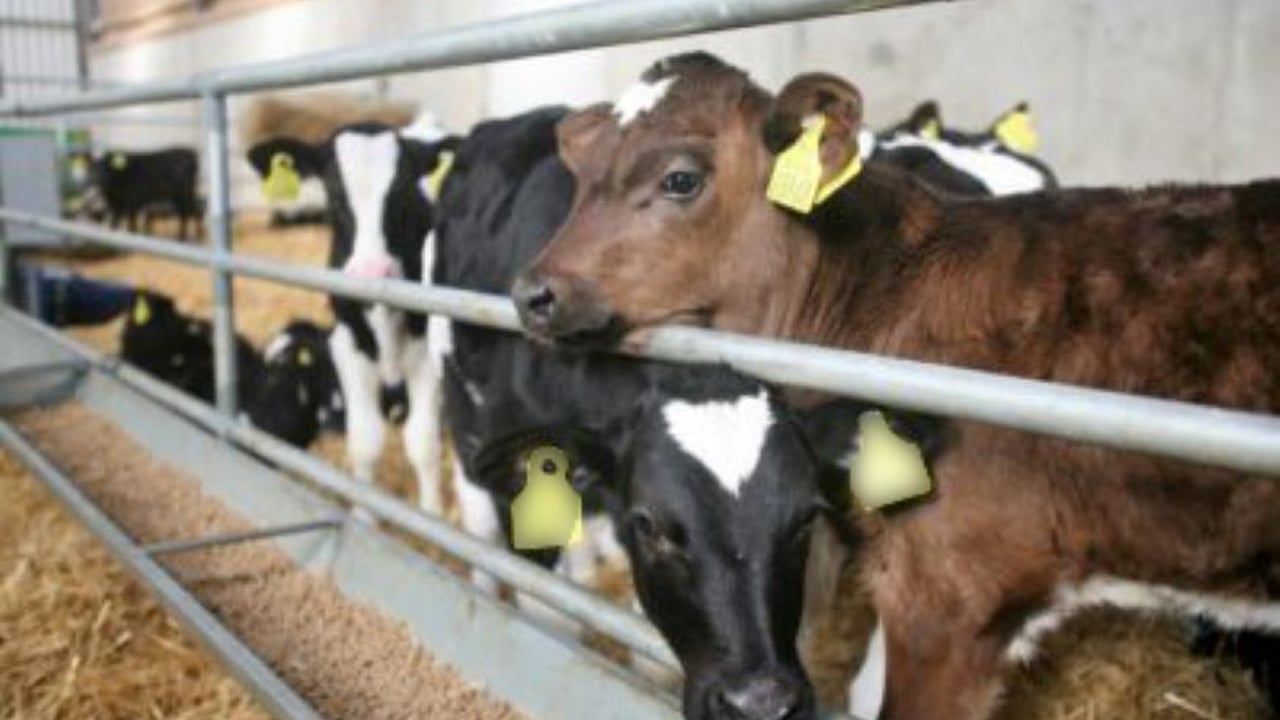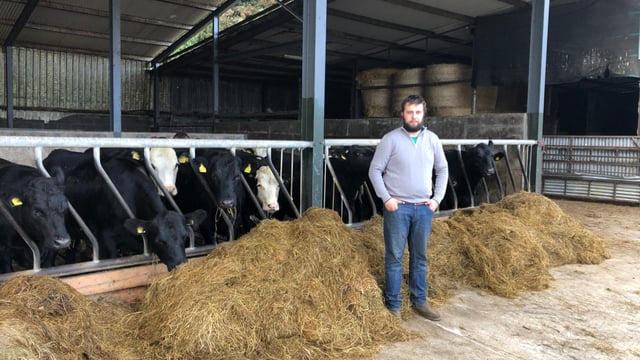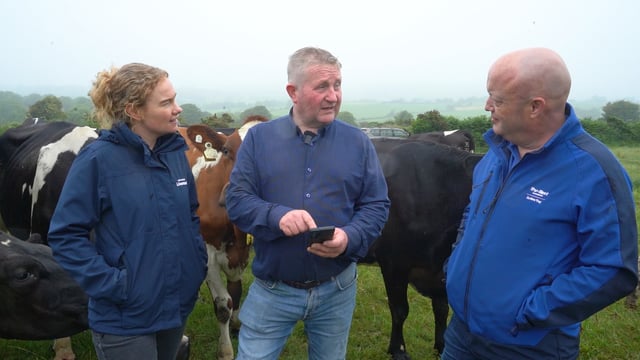How much concentrates should your calves be eating?
Your calves should have access to clean and palatable starter concentrates from the time they are three days of age in order to encourage the eating of concentrates.
From three weeks of age, calves should begin to eat considerable amounts of starter concentrates. From then on, the higher the amount of milk fed, the lower the amount of concentrates they will consume.
Introducing roughage, in the form of hay or straw, and having access to fresh water should be coincided with the gradual feeding of coarse ration or pellets.
It goes without saying that the calf starter on the farm should be palatable, that is, that the calf is willing to eat the ration from a young age.
The ration needs to be of high quality, so that it is highly digestible in energy and protein and contains the necessary amount of other nutrients, while still being competitively priced.
When it comes to feeding calves concentrates from a young age, farmers should realise that in order to stimulate the consumption of the calf starter, less is more.
Ration should be left in front of calves in a bucket or a shallow trough once they have finished their milk, so they can 'nose around' the bucket and be curious.
At home, we tend to pour a small drop of milk into the trough or bucket and then follow it with meal to entice the calf to go and eat from the trough - only a small handful per calf is needed.
However, the ration that is fed each day has to be kept fresh, with the stale, older stuff fed to calves who are already eating a good bit of meal.
By two weeks of age, the allocation should be increased to two handfuls to encourage consumption while not overwhelming the calves or wasting feed - overfeeding can lead to digestive upsets and scouring.
Once the calf gets a taste for concentrates, it should be a gradual process, increasing the amount allocated by a small bit each week, with calves consuming at the very least 1kg of concentrates daily by the time of weaning.
However in order for this process to happen and be successful, there are number of variables that should be considered that affect the starter intake of calves, as follows:
- The milk feeding programme - the amount being fed and the protein and fat percentage of the milk replacer;
- Water intake/availability;
- Calf starter formulation and its physical form;
- Calf genetics, gender, and birth weight;
- Calf housing, management, and environmental conditions;
- The quality of the calf starter concentrate - dusty, mouldy, off-flavours will reduce the palatability.
In order to promote growth and maintain health, calf rations must have energy for growth and daily function; protein for all basic metabolic processes; fibre for rumen function; vitamins for bone formation and disease resistance; and minerals for carbohydrate metabolism, cartilage, and muscle function.





